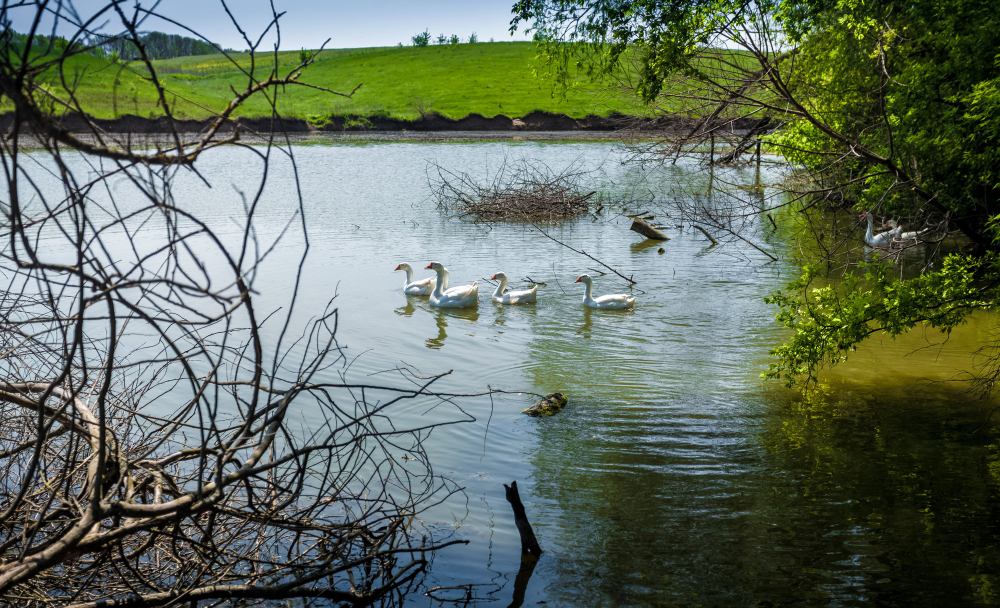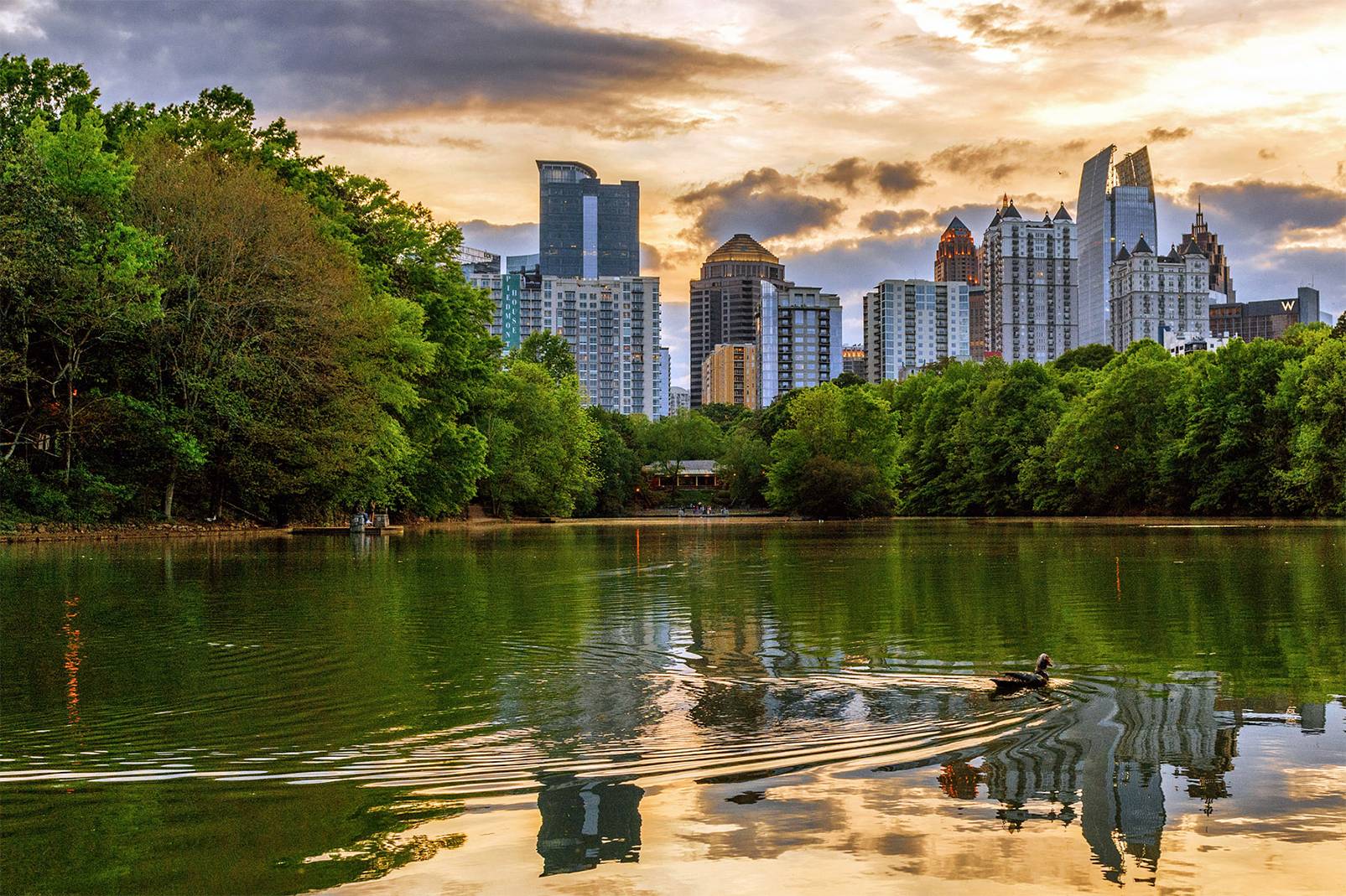
Ponds, with their tranquil beauty and diverse ecosystems, serve as vital components of many natural landscapes in our beautiful region of the U.S. They support a variety of life forms from fish and frogs to aquatic plants and insects. However, the question of whether to leave ponds untouched or introduce artificial elements for improvement is a matter of considerable debate among conservationists and environmentalists.
In this article brought to you by Aquatic Restoration, we will look into the complexities of pond management and weigh the advantages and disadvantages of both approaches. If you’d rather consult with pond maintenance specialist directly, then call Aquatic Restoration to schedule an appointment today.
The argument for leaving ponds in their natural state stems from the belief that nature knows best. Undisturbed ponds often exhibit a delicate balance that has evolved over time, supporting a rich array of biodiversity. Natural ponds provide habitat for indigenous species, many of which have specific adaptations to their environment. By preserving these ecosystems, we hypothetically safeguard against the disruption of delicate ecological relationships.
Furthermore, natural ponds play a crucial role in maintaining water quality and regulating local hydrology. They serve as buffers against floods, filter pollutants, and contribute to groundwater recharge. Introducing artificial elements into these systems can disturb the natural flow of water and disrupt the intricate processes that sustain life within the pond.
On the other hand, proponents of artificial enhancement argue that carefully planned interventions can improve pond habitats and increase their ecological value. Artificial elements such as aeration systems, floating islands, and substrate enhancements can presumably enhance water quality, increase oxygen levels, and provide additional habitat structure for aquatic organisms.

In degraded or man-made ponds, introducing artificial elements may be necessary to promote biodiversity and ecological balance. For example, installing nesting platforms for waterfowl or introducing native aquatic plants can create new habitats and support populations that may have been lost due to human activities or environmental degradation.
Moreover, artificial enhancements can be tailored to address specific challenges such as nutrient pollution or invasive species infestations. By carefully selecting and implementing these interventions, managers can mitigate the impacts of human disturbance and improve overall ecosystem health.
Ultimately, the debate over natural versus artificial enhancement of pond ecosystems is not a binary choice but rather a question of balance and context. While preserving the natural state of ponds should be prioritized whenever possible, there are instances where targeted interventions may be necessary to address specific conservation goals or environmental threats.
It is essential to approach pond management with a comprehensive understanding of local ecological dynamics. Collaborative efforts involving researchers, conservationists, and local communities are crucial for developing management strategies that balance the preservation of natural habitats with the need for intervention.
If you would like to consult with seasoned specialists for your detention or retention pond maintenance, then call Aquatic Restoration. With over 35 years of experience, we bring expertise and educated insight. Our team is on standby to schedule a face-to-face meeting or on-site visit for as soon as possible.
Probiotics are commonly associated with the digestive system, which is why the first thing that comes to mind when…
A retention pond plays a crucial role in managing stormwater runoff. However, maintaining this type of pond comes with a…
Mosquitoes go hand in hand with lakes and ponds because they provide an ideal environment for laying eggs and…
Lake dredging is an integral part of restoring waterways and improving their overall health. This maintenance procedure is necessary to…
There’s no such thing as a maintenance-free retention pond, as much as we’d like there to be. These stormwater…